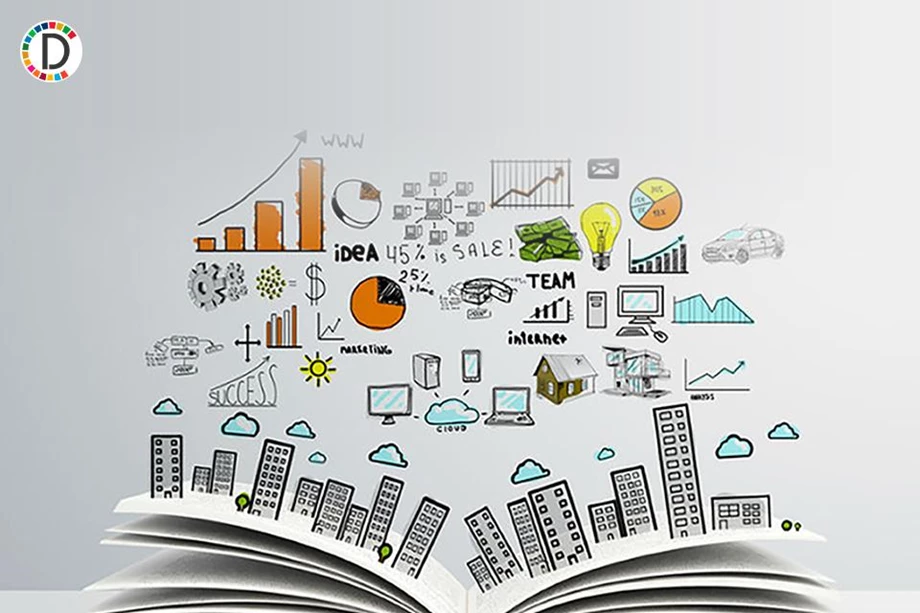The world this week
Governments in Britain and across the European Union rushed to approve a post-Brexit trade agreement before December 31st, the date on which Britain’s transition period ends. The deal, which was announced on Christmas Eve, covers goods, but says little about financial services. Some disruption for business is expected. The EU ’s member states back the pact, though the measures will come into force only provisionally until the European Parliament can give its blessing. See article.
Scientists were worried by two new and more contagious variants of covid-19 that are spreading around the world. Nearly all the countries in the EU began vaccinating citizens, a week after the European Medicines Agency approved the Pfizer-BioNTech vaccine. The Netherlands said it would not start until January 8th, claiming it wanted more time to implement its programme “carefully”. Spain’s health minister said a registry would be kept of people who refused to get vaccinated. See article.
British regulators authorised a vaccine developed by Oxford University and AstraZeneca for use in the UK . It is the third available inoculation for covid-19 that has been fully tested and it can be rolled out quickly in bulk, notably to low- and middle-income countries. See article.
State investigators in Russia laid more dubious fraud charges against Alexei Navalny, the country’s leading opposition politician. This came after Mr Navalny posted a tape of his phone call with an agent of the FSB security police, whom he tricked into admitting that the FSB had tried to poison him with a nerve agent in August. Vladimir Putin said that if the police had wanted to poison Mr Navalny, he would be dead. See article.
In a U -turn, Donald Trump signed a $900bn stimulus bill into law. He had threatened to veto the legislation because, he said, the $600-per-person it provides in direct payments is not enough. Mr Trump wants payments of $2,000, which the House of Representatives duly noted and approved in a supplementary bill; the Senate will now consider the measure. See article.
The Department of Justice filed a lawsuit against Walmart for an alleged lack of oversight in fulfilling prescriptions for opioids, which it says helped fuel the opioid crisis. In a strongly worded rebuttal, the retailer said the suit was riddled with factual mistakes and “cherry-picked documents” that were trying to shift blame away from the Drug Enforcement Administration. See article.
Argentina became the first big Latin American country to legalise abortion, after a crucial vote in the Senate drew more support than had been expected. Women will now be able to get an abortion for any reason up to 14 weeks into a pregnancy.
A court in Shanghai sentenced Zhang Zhan, a former lawyer, to four years in prison for “picking quarrels and causing trouble”. She had reported on the outbreak of covid-19 in China in ways that embarrassed the Communist Party. Meanwhile, a study from the Chinese Centre for Disease Control and Prevention, an independent agency, suggested that the number of people infected by covid-19 in Wuhan may have been ten times higher than officially reported. See article.
Ten people from Hong Kong were sentenced to up to three years in prison by a mainland Chinese court on charges relating to their attempt to flee from the territory by boat after the imposition of a draconian national-security law. Two others, both under 18, were sent back to Hong Kong.
China’s financial regulators piled the pressure on Jack Ma, ordering his Ant Group to “rectify” its sprawling financial-services empire and go back to being a simple payments provider. This came after the government announced an antitrust probe into Alibaba, also founded by Mr Ma and affiliated with Ant. See article.
Bangladesh moved a second group of Rohingya Muslim refugees from the mainland to the island of Bhasan Char. There are now more than 3,000 refugees on the remote island.
Turkey’s central bank lifted its main interest rate by two percentage points, to 17%. The bank has a new governor, who must grapple with inflation, a weak lira, and Recep Tayyip Erdogan, Turkey’s president, a vocal opponent of conventional monetary policy.
An election in the Central African Republic was marred by turmoil. Violence forced 14% of polling stations to close. Armed groups threatened to march on the capital, Bangui.
Loujain al-Hathloul, a Saudi activist, was sentenced to more than five years in prison, supposedly for trying to harm national security. Ms Hathloul had campaigned for women to be allowed to drive cars. She was detained in 2018, shortly before the ban on female drivers was, in fact, lifted. See article.
Israel’s parliament failed to pass a budget and was dissolved, triggering an election on March 23rd, the fourth in two years. Binyamin Netanyahu, the prime minister, faces a challenge from several former allies. Meanwhile, Israel became the first country to enter a third nationwide lockdown because of covid-19. But it has already vaccinated 6% of its population, well ahead of most countries. Mr Netanyahu is hoping a successful vaccination drive will give his campaign a shot in the arm. See article.













